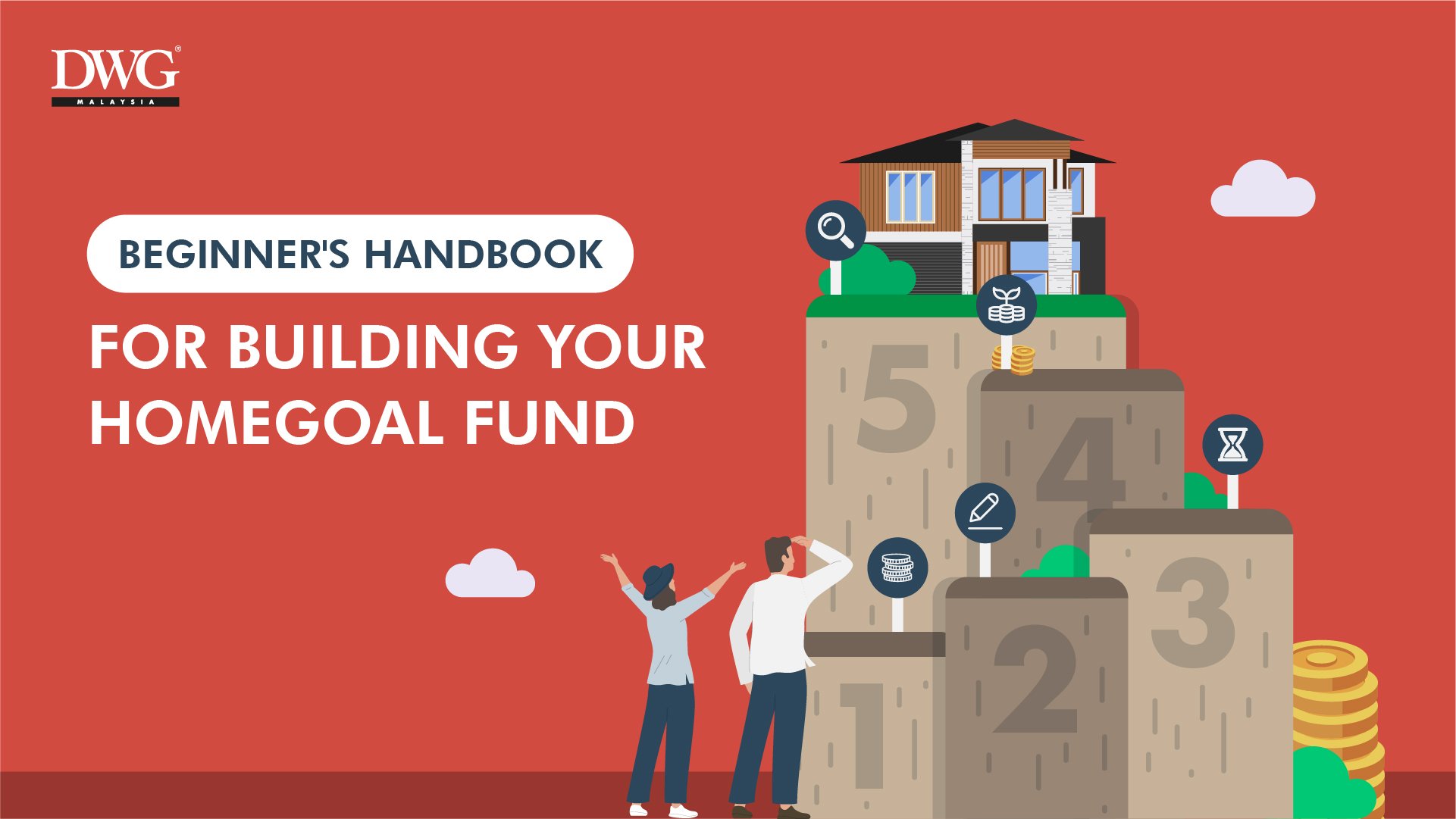Should you rent or buy a house in Malaysia?
You have decided to move out and get your own place. For one reason or another, you get more freedom in lifestyle choices but also higher responsibility with additional financial commitments that bite into your monthly budget. But well, it is a part of an adulting thing we all face, right? This leads to the following question: Should you rent or buy a house in Malaysia? There are pros and cons to both options, and it ultimately depends on your personal circumstances. Fret not, this article should ease your decision-making by exploring a few factors and considerations on why you might choose to rent or buy a house in Malaysia.
1.0 Budget
Regardless of whichever option you initially have in mind, let’s start by addressing the most obvious consideration, as both options require a certain level of financial commitment. Examining your financial capacity, such as your current savings and existing monthly obligations, is essential before proceeding with either option. Otherwise, you will be in a very uncomfortable position with too much debt.
1.1 Renting Budget Considerations
It is essential to know different landlords will have different expectations and standards in terms of the rental agreement, so be sure to work with your property agent and read through the terms and conditions before signing it. Listed below are some of the considerations.
1.1.1 Monthly rental
Monthly rental often varies depending on location, room size, and furnishing.
1.1.2 Utilities
The arrangement for utility fees depends on landlords; some are inclusive in the monthly rental, some are separate, some are split between landlord and tenants, and some are shared among tenants. The only way to know this is by verifying with the property agent or landlord.
1.1.3 Security deposit
The security deposit is a precautionary measure by landlords to protect themselves from tenants who may cause damage to their property or move out without prior notice. Typically, this deposit is paid at the tenancy agreement's start and returned by the end of the contract.
1.1.3.1 Tenancy Deposit
The tenancy deposit is usually equivalent to 2 months of the monthly rental. For instance, if the rental room is RM500/month, the tenancy deposit will be RM1,000.
1.1.3.2 Utility Deposit
The utility deposit usually is equivalent to 1 month of the monthly rental. For instance, if the rental room is RM500/month, the tenancy deposit will be RM500.
1.1.4 Stamping Fee
The stamping fee is to legalise the tenancy agreement. The Tenancy Agreement helps to protect both landlords and tenants by ensuring that both parties uphold their obligations.
1.1.5 Home repair
Similar to the utility fees, details on the home repair fees are written in the tenancy agreement. If not, it will be best to check who will be responsible for bearing the cost beforehand.
1.2 Buying Budget Considerations
If you are considering buying real estate, reading about how to buy a house and some common mistakes when buying a home will be helpful.
1.2.1 Downpayment
It will be 10% of the property price in most cases for first-home buyers.
1.2.2 Maintenance Fee and Sinking Fund
The maintenance fee is relevant for strata properties; the monthly payment depends on the property development you are buying and the size of your house.
1.2.3 Property Taxes
These are annual fees known as quit rent (‘cukai tanah’) for landed properties and property assessment tax (‘cukai pintu’).
2.0 Buy vs Rent Calculation
We are aware that many people believe that renting is a waste of money, as you are essentially paying someone else's mortgage. “Why help pay to buy a property for someone else when I should be buying for myself?” Hence we often say, buy if you can afford it, and rent if you can't. Although, sometimes, this isn't always the case. You can calculate the buy vs rent ratio of a property to see if buying or renting is the better economic choice.
Here’s the simple calculation for it:
Buy-to-rent ratio =
Average purchase cost of property / Annual Property Rental Cost
Assuming you are interested in buying a house at the price of RM300,000. In the meantime, the property you are also looking to rent is RM1,500/month, which would translate to an annual rental cost of RM18,000.
Thus, the calculation would be = 300,000 / 18,000 = 16.67
If you have the intention to stay for more than 17 years in this scenario, buying a house may be more cost-effective than renting it.
For a more realistic calculation that includes aspects like property with massive capital appreciation, you can use this calculator.
3.0 Duration of stay
You need to ask yourself, will you still be moving around, changing your places to stay, or have you already found somewhere you are comfortable for the rest of your life?
It will be more convenient to rent if you plan to stay for a short period due to lower financial obligations.
“Why?”
Buying a property requires heavier upfront payment, various legal fees, and other recurring expenses for up to 35 years of commitment. However, buying a property means you own the property, so you can do anything you want with your property, unlike renting, where many rules will restrict you at the landlord's whims. Also, in any event, if you do want to change or upgrade from your existing house, you can flip your home like a property investor for the next one.
4.0 Lifestyle preferences
Lifestyle preferences may seem unnecessary in buying or renting, but it plays a significant role in your daily living routine.
It’s not uncommon to hear complaints about people dealing with nightmarish landlords or housemates who have overly restrictive rules and terrible sanitary practices.
So, keep lifestyle preferences in mind; save your sanity and buy if you can afford it.
5.0 Comparison
MORE ARTICLES


































